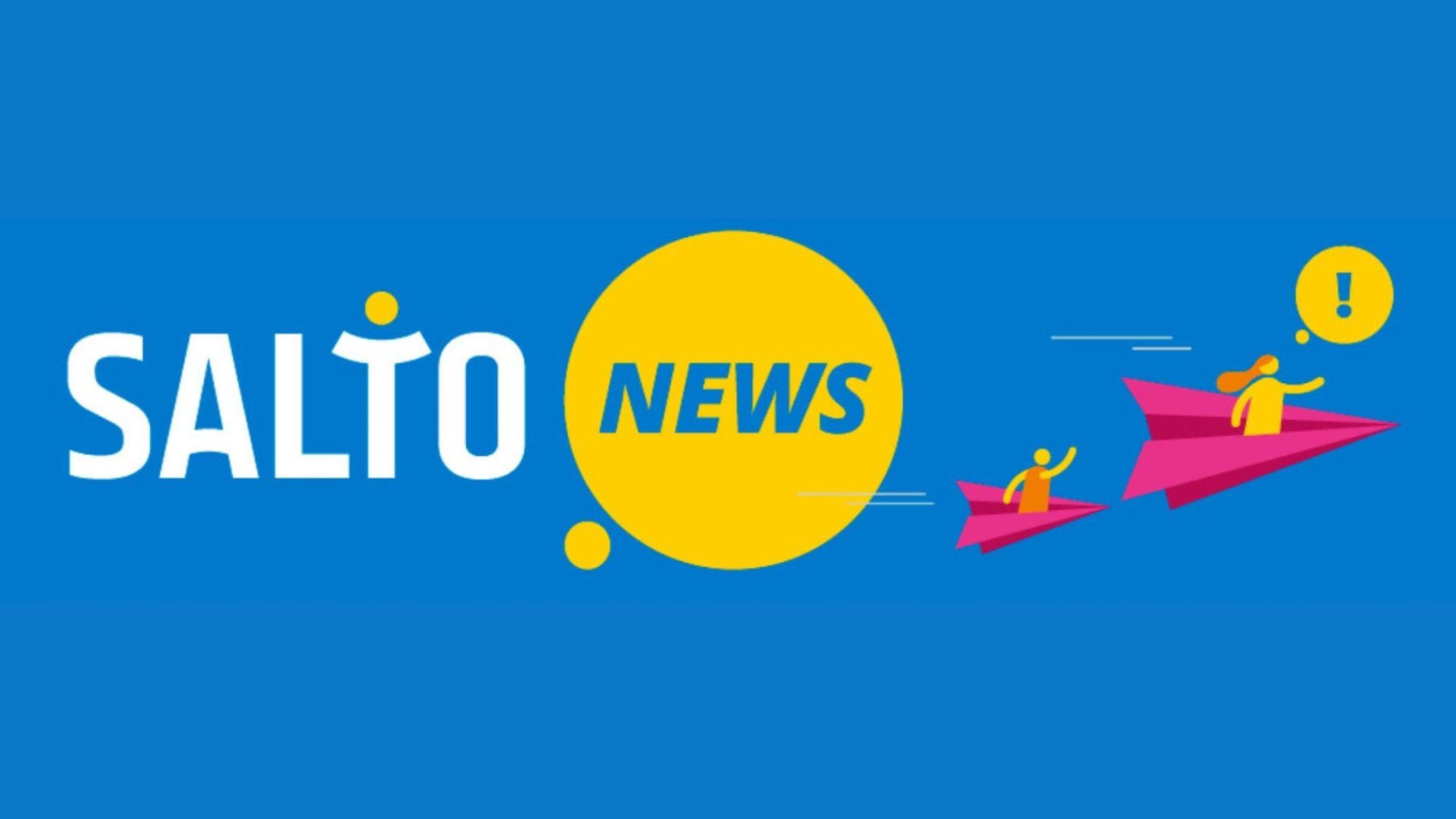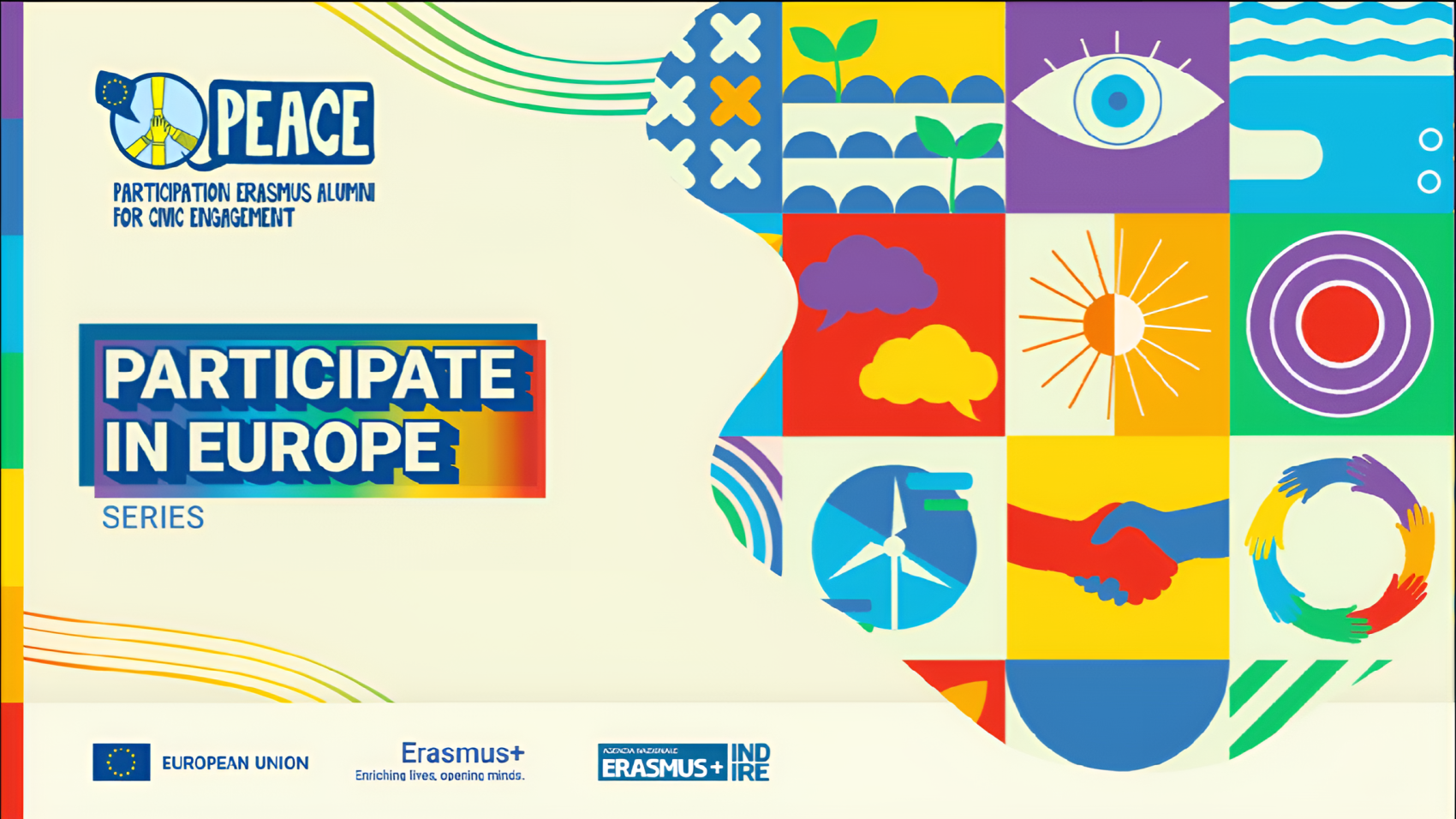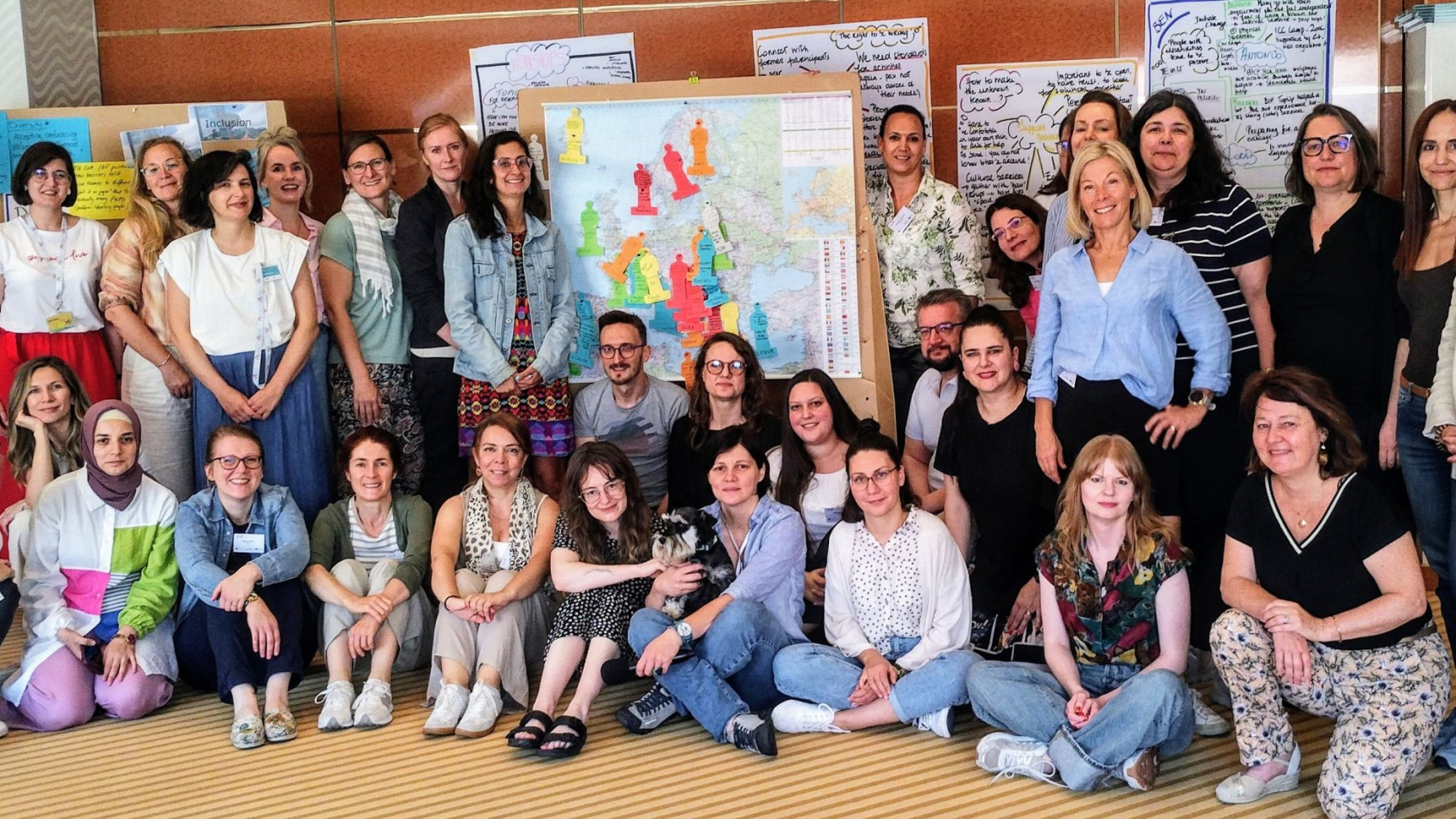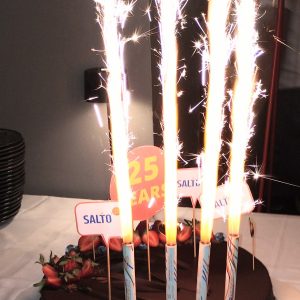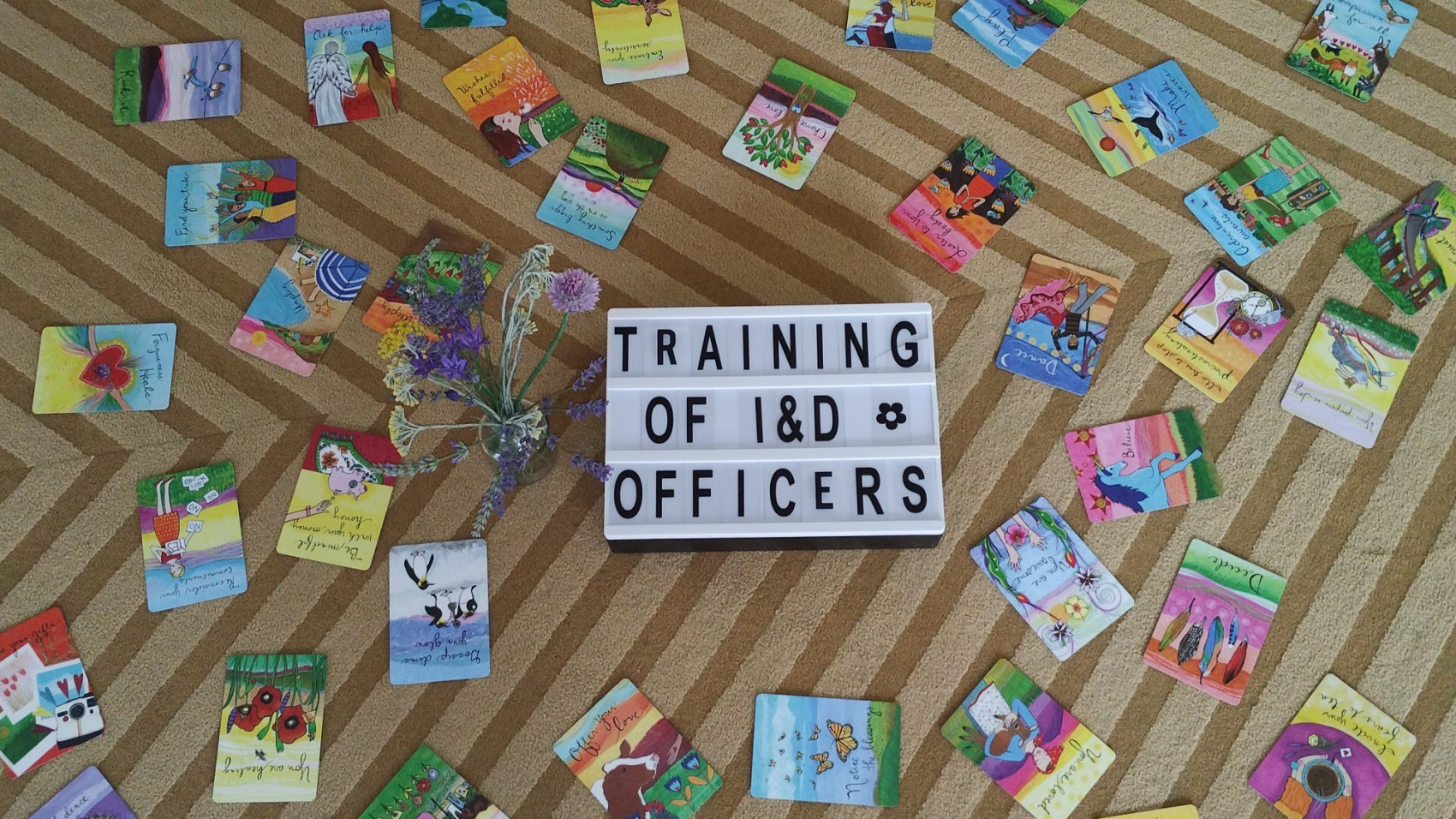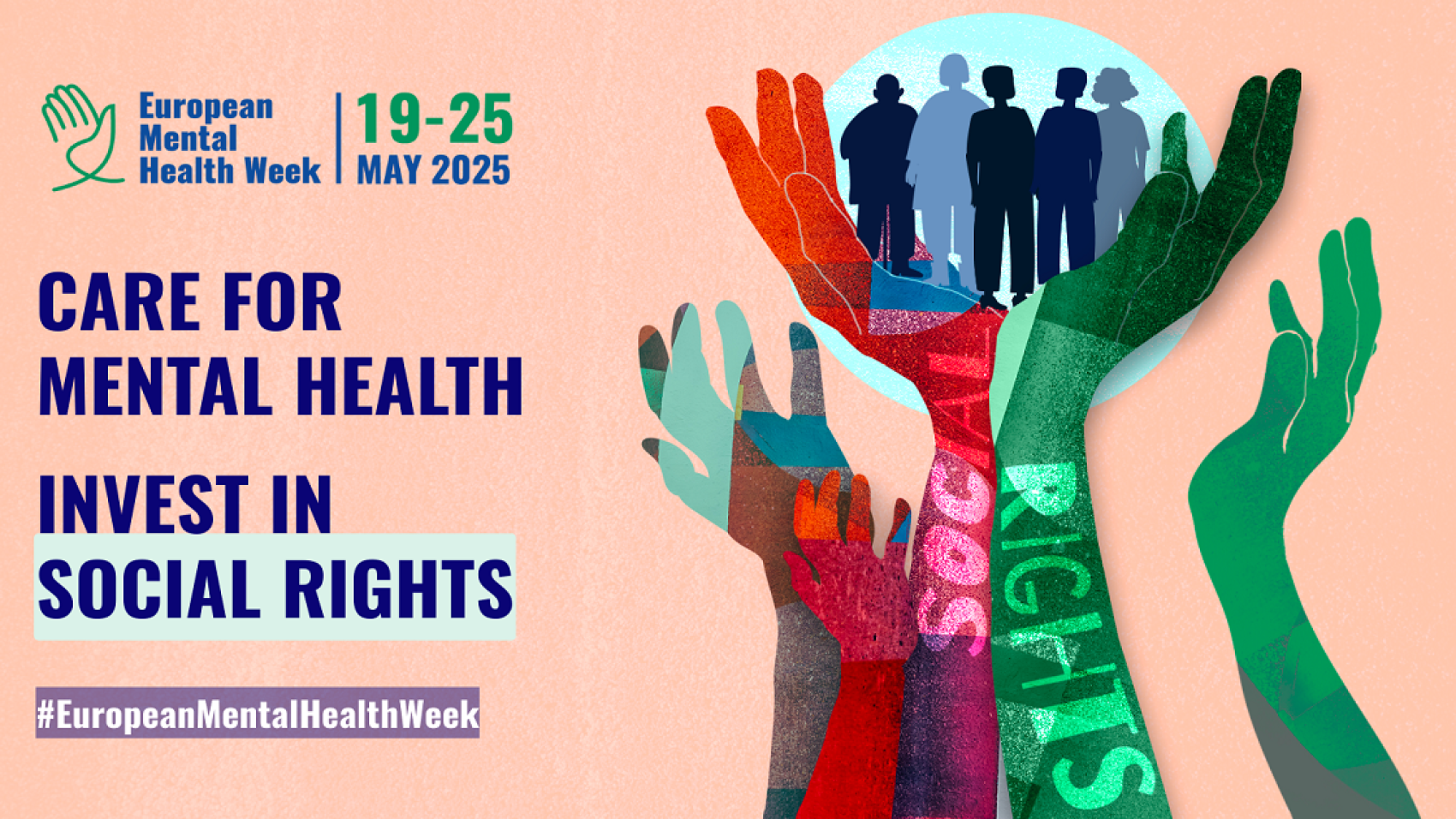SALTO Inclusion and Diversity in Education and Training has published “Establishing the Role of an Inclusion Officer in a Higher Education Institution“, a practical guide showing why this role matters for diversity, equity, and accessibility in mobility programmes. Drawing on interviews, case studies, and advice, it highlights best practices. To learn more about it, join the upcoming SALTO ID & ACA webinars!
In this month’s edition of SALTO News, you will also find:
- A new webinar series on Democratic Participation Across Education Sectors launched by SALTO PI.
- An open call to join the network of municipalities from the Western Balkans in the frame of Europe Goes Local.
- Other podcasts and training courses.
SALTO News is the official newsletter for the SALTO community—a network of 11 resource centres dedicated to promoting and enhancing the Erasmus+ and European Solidarity Corps programmes. You can browse previous editions of the newsletter here!
To stay informed about the most recent developments and never miss an update, be sure to subscribe to SALTO News today!
